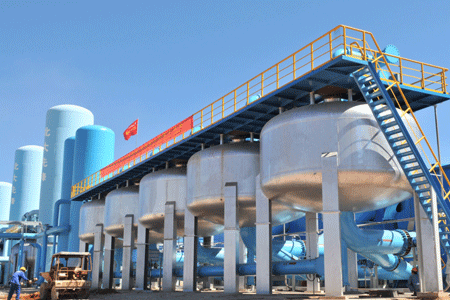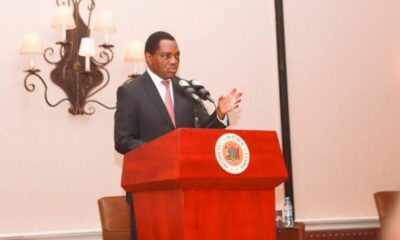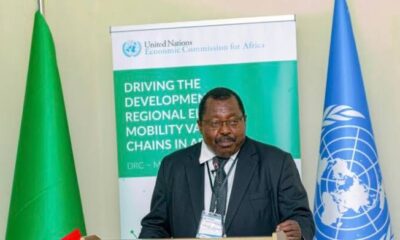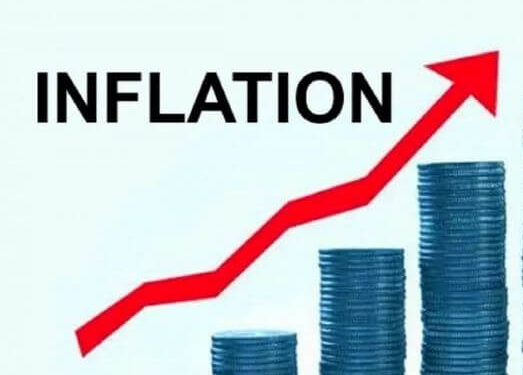VenturesNow
Zambia’s Chambishi copper smelter cuts operations amid power cuts— Sources

VenturesNow
Moroccan annual inflation rises to 0.8% in November
VenturesNow
Nigeria’s $42bn foreign reserves enough for 9 months’ imports— Central Bank
-

 VenturesNow2 days ago
VenturesNow2 days agoMoroccan annual inflation rises to 0.8% in November
-

 Musings From Abroad2 days ago
Musings From Abroad2 days agoSwiss company Mercuria partners Zambia’s IDC in new metals trading firm
-

 Metro2 days ago
Metro2 days agoNigerian activist remanded in prison for threatening President’s son
-

 Metro22 hours ago
Metro22 hours agoOutrage over murder of Nigerian beaten to death by South Africans inside estate security office






















